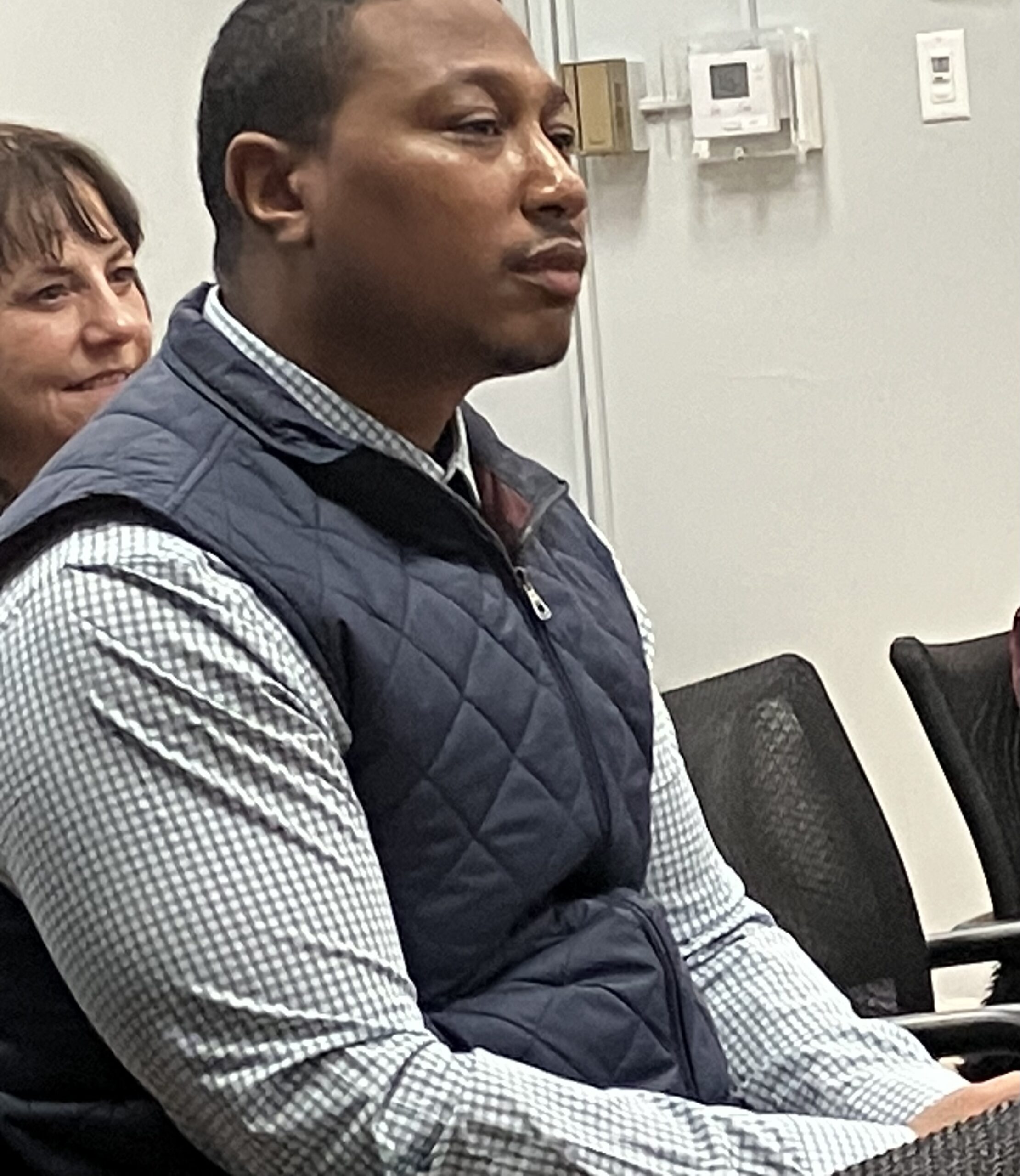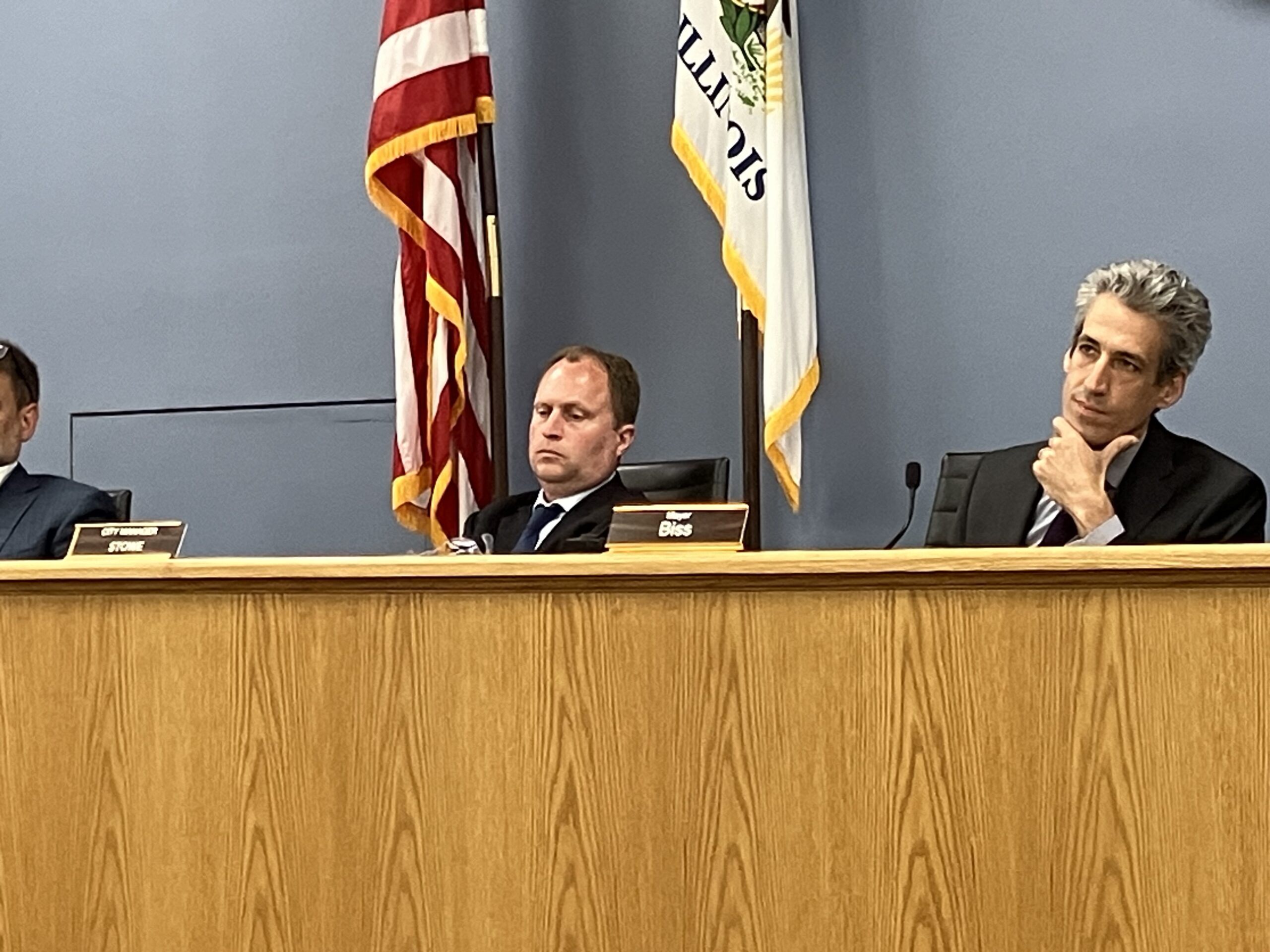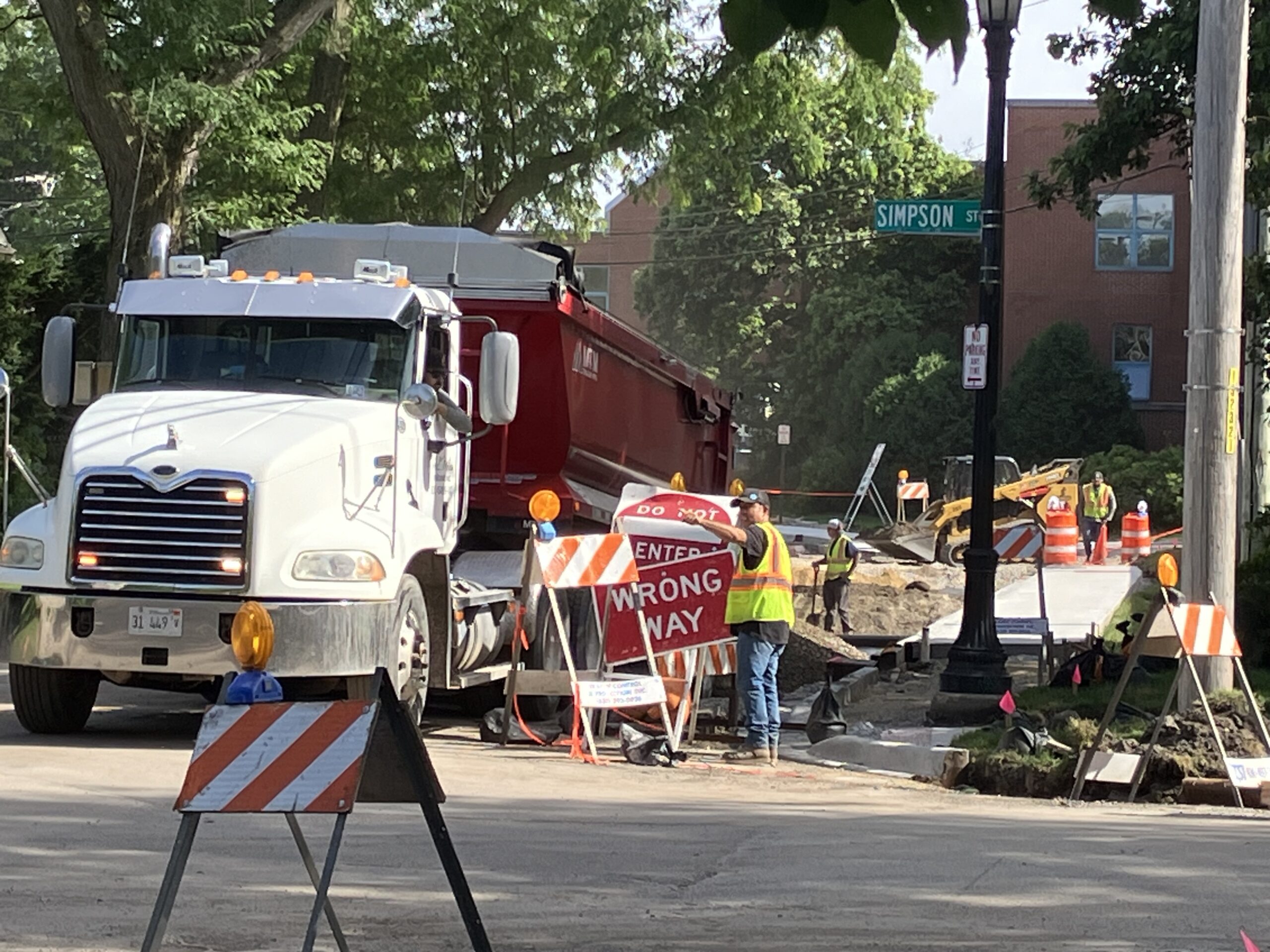By Bob Seidenberg
As one of the city’s oldest and largest employers, Mather has as its mission, helping people age well.
That takes a lot of work — and a lot of employees.
Speaking at the city’s Economic Development Committee (EDC) meeting Jan. 26, Elizabeth Rose, the Vice President in charge of talent acquisition for Mather, told committee members, “we want Evanston residents to think of Mather for a variety of careers, not just healthcare — the culinary, the hospitality, the fitness. We have a fitness center and spa. There are so many opportunities that I don’t think Evanston residents are aware of, that we’d like to promote.”
At the meeting, EDC members set that hope in motion. Committee members voted unanimously favor of recommending an allocation of $58,110 in federal American Recovery Plan Act (ARPA) funds to go to Mather’s Workforce Initiative.
Under the proposal, Mather is to match the city’s contribution, bringing the total investment to $116,200.
The money is to go to develop a workforce pipeline, to invest in students and young adults within the Evanston community interested in exploring careers in the various industries that Mather has to offer, said Ike Ogbo, the city’s Health & Human Services Director, in a memo.
The proposal will next go to the full City Council, which has final authority on approval.
Ogbo pointed out that the program is the second of its kind, with the City Council partnering with the NorthShore University HealthSystem last year on a $200,000 program designed to accelerate approving matching funds for a workforce program designed to create a healthcare pipeline.
In this case, he wrote, Mather will invest the funds to create internships for six students who will work 12 weeks, logging 37.5 hour days at $20 an hour.
Addressing the EDC, Rose spoke of Mather’s commitment to employee development.
“We’re not looking for individuals that are in need of a job; we want to develop careers for them,” she told Committee members.
With that in mind, she said Mather has partnered with the Culinary Institute of America and others to develop a tiered certification program for employees in hospitality and culinary areas.
In addition, Mather offers to pay tuition for an employee who wants to pursue a career as a Certified Nursing Assistant.
Last year, in the summer of 2022, she said, Mather hired a music therapy intern, who was originally from Boys Hope, Girls Hope.
He culminated his internship with an outdoor concert, she said.
Balancing wellness and service
In discussion, Council member Devon Reid, said his only concern was that Mather comply with Fair Work Week guidelines, such as he proposed last year, requiring employers to provide workers with predictable work schedules and compensation for changes.
At the meeting, Yvonne Jung, Mather’s Senior Vice President, Human Resources, said the organization was very concerned about wellness, and was planning to start a program for employees, emphasizing the importance of self-care next year.
At the same time, “we have to be flexible,” she said. “It’s really a balance really between taking care of our residents and taking care of our employees but having the flexibility within the scheduling to do that.”
Council member Melissa Wynne, 3rd, Mather officials about the possibility of the program advancing beyond a year
Mather has agreed to commit the equivalent amount of money for a second year.
Rose said she thought that “with metrics which show proven success, we will definitely be able to commit a similar dollar amount or more.”
Council member Bobby Burns, 5th, reminded Committee members that the the city has a responsibility too, which might mean increasing the budget in its workforce area. “If it’s (the program) is working we need to support it. That’s my sense,” he said.
A pipeline that continues
And Nathan M. Norman, the city’s Workforce Development Coordinator who has worked with Mather bringing the proposal to this point, said a really positive aspect of the program is “that we’re expecting those six (interns to) go through the program to inevitably be employed. And then that will put room for another six, and then we create a pipeline. In a perfect world that would be really remarkable.”
EDC member Lisa Dzeikan asked the Mather representatives how the model they’re using compared with other private employers using similar initiatives.
With the allocation from the city coming from federal ARPA dollars, “that gives me pause,” she said.
“I’m curious from our perspective what other sources of funding have you explored?”
“I know our region is fairly rich in workforce grants, etc.,” she said. “And so while the city of Evanston might have this ARPA funding, it doesn’t mean that there are not a lot of other ‘asks’ (request for the funds) that are coming in.”
To that point, Norman noted that “we have worked together and looped in colleagues with the Cook County Workforce Partnership to locate workforce dollars in the near future.”
“But what we’d like this to do,” he said, “is this to be impetus, so that we can show those measurable outcomes to say: ‘Okay, we place folks in jobs. We have a pipeline for Evanston residents, which I think is extremely efficacious to do with ARPA dollars or any dollars from the city.”
“And I think it aligns well with the city’s mission to become the most livable (city),” he said, “disseminating services in an equitable manner.”
“We’re touching those residents that are either underemployed or unemployed to help them (advance) in the workforce, and that is our primary focus,” he said.
Winding up discussion, Committee members voted unanimously in favor of the proposal, sending the issue next to the full City Council.




